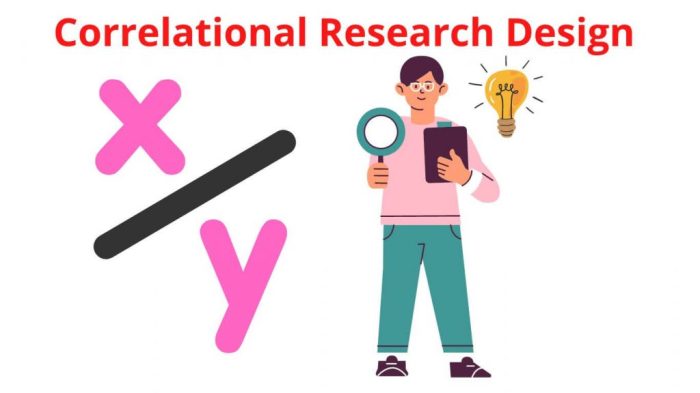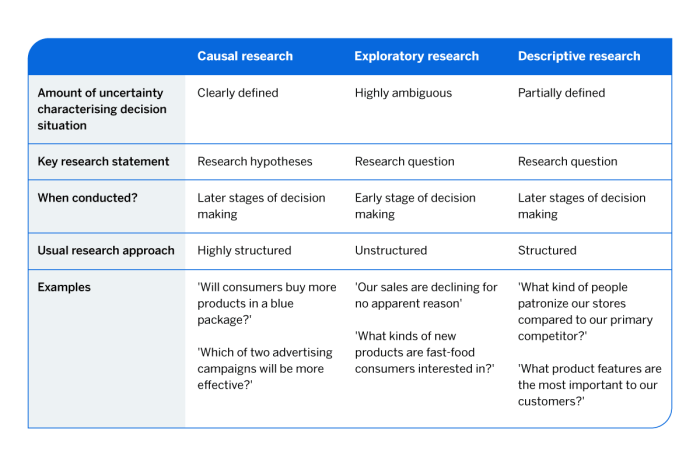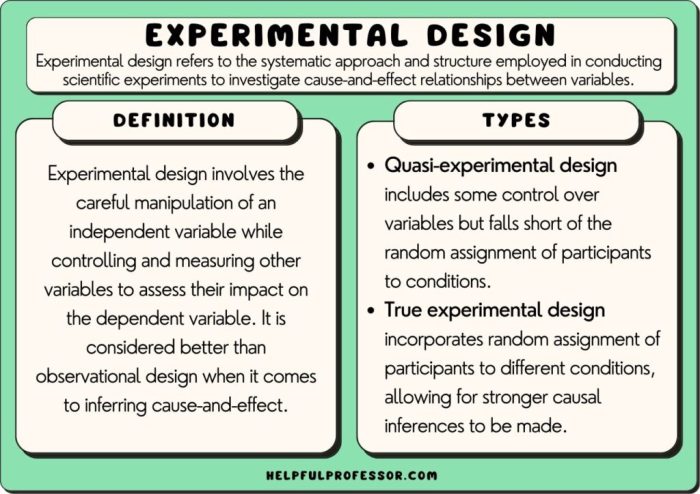Which of the following statements about correlational research is false – Correlational research, a valuable tool in the scientific arsenal, has often been subject to misconceptions. One such misconception is the notion that correlational research can definitively establish causation. This article delves into the intricacies of correlational research, exposing the fallacy of this claim and shedding light on other common misunderstandings.
Correlational research seeks to uncover relationships between variables without manipulating them. While it can reveal associations, it cannot determine cause and effect. Understanding this distinction is crucial for interpreting correlational findings accurately.
1. Correlational Research
An Overview

Correlational research is a non-experimental research method that investigates the relationships between two or more variables without manipulating or controlling them. It aims to determine whether and to what extent variables are associated, and the strength and direction of their relationship.
Correlation does not imply causation. Just because two variables are correlated does not mean that one causes the other. There may be a third variable or set of variables that is causing both variables to change.
Strengths of Correlational Research
- Can be used to explore relationships between variables that cannot be manipulated or controlled.
- Can provide insights into the causes of behavior and other phenomena.
- Can be used to make predictions about future behavior.
Limitations of Correlational Research
- Cannot prove causation.
- Can be influenced by confounding variables.
- Can be difficult to generalize the results to other populations.
- Correlational research is not as rigorous as experimental research.
- Correlational research cannot be used to make predictions.
- Correlational research is only useful for exploring relationships between variables that are easily measured.
2. Common Misconceptions about Correlational Research

Misconception: Correlational research can prove causation.
This is a common misconception about correlational research. Just because two variables are correlated does not mean that one causes the other. There may be a third variable or set of variables that is causing both variables to change.
Other Common Misconceptions
3. Types of Correlational Studies
Cross-sectional Studies
Cross-sectional studies collect data from a sample of participants at one point in time.
Longitudinal Studies
Longitudinal studies collect data from the same sample of participants over a period of time.
Experimental Studies
Experimental studies are a type of correlational study in which the researcher manipulates or controls one or more variables to see how it affects another variable.
Strengths and Weaknesses of Each Type
| Type of Study | Strengths | Weaknesses |
|---|---|---|
| Cross-sectional | Quick and easy to conduct | Cannot establish causation |
| Longitudinal | Can establish causation | Time-consuming and expensive |
| Experimental | Can establish causation | Can be difficult to generalize the results to other populations |
4. Methods for Conducting Correlational Research

Surveys
Surveys are a common method for collecting data in correlational research. They can be administered in person, by mail, or online.
Interviews
Interviews are another method for collecting data in correlational research. They can be conducted in person or over the phone.
Observations
Observations are a method for collecting data in correlational research by observing the behavior of participants.
Importance of Sampling and Data Collection
The quality of the data collected in correlational research depends on the sampling method and the data collection methods used. It is important to use a representative sample and to collect data in a way that minimizes bias.
5. Analyzing and Interpreting Correlational Data

Statistical Techniques
There are a number of statistical techniques that can be used to analyze correlational data. These techniques include correlation coefficients and regression analysis.
Importance of Interpreting Results Carefully, Which of the following statements about correlational research is false
It is important to interpret the results of correlational studies carefully. Just because two variables are correlated does not mean that one causes the other. There may be a third variable or set of variables that is causing both variables to change.
6. Applications of Correlational Research
Examples
Correlational research has been used to understand a wide range of phenomena, including the relationship between education and income, the relationship between personality and job performance, and the relationship between stress and health.
Ethical Considerations
There are a number of ethical considerations that should be taken into account when conducting correlational research. These considerations include the privacy of the participants, the potential for harm, and the informed consent of the participants.
FAQ Explained: Which Of The Following Statements About Correlational Research Is False
Can correlational research prove causation?
No, correlational research cannot establish causation. It can only reveal associations between variables.
What is the difference between correlation and causation?
Correlation measures the strength and direction of a relationship between two variables, while causation implies that one variable directly influences the other.
What are the strengths of correlational research?
Correlational research is useful for exploring relationships between variables, identifying trends, and generating hypotheses.